Hamas's "unprecedented surprise attack on Israel could escalate and spread throughout the region. The World and Vietnam Newspaper interviewed Ambassador Nguyen Quang Khai, who has spent 37 years 'rolling around' in the Middle East, about this hot event...
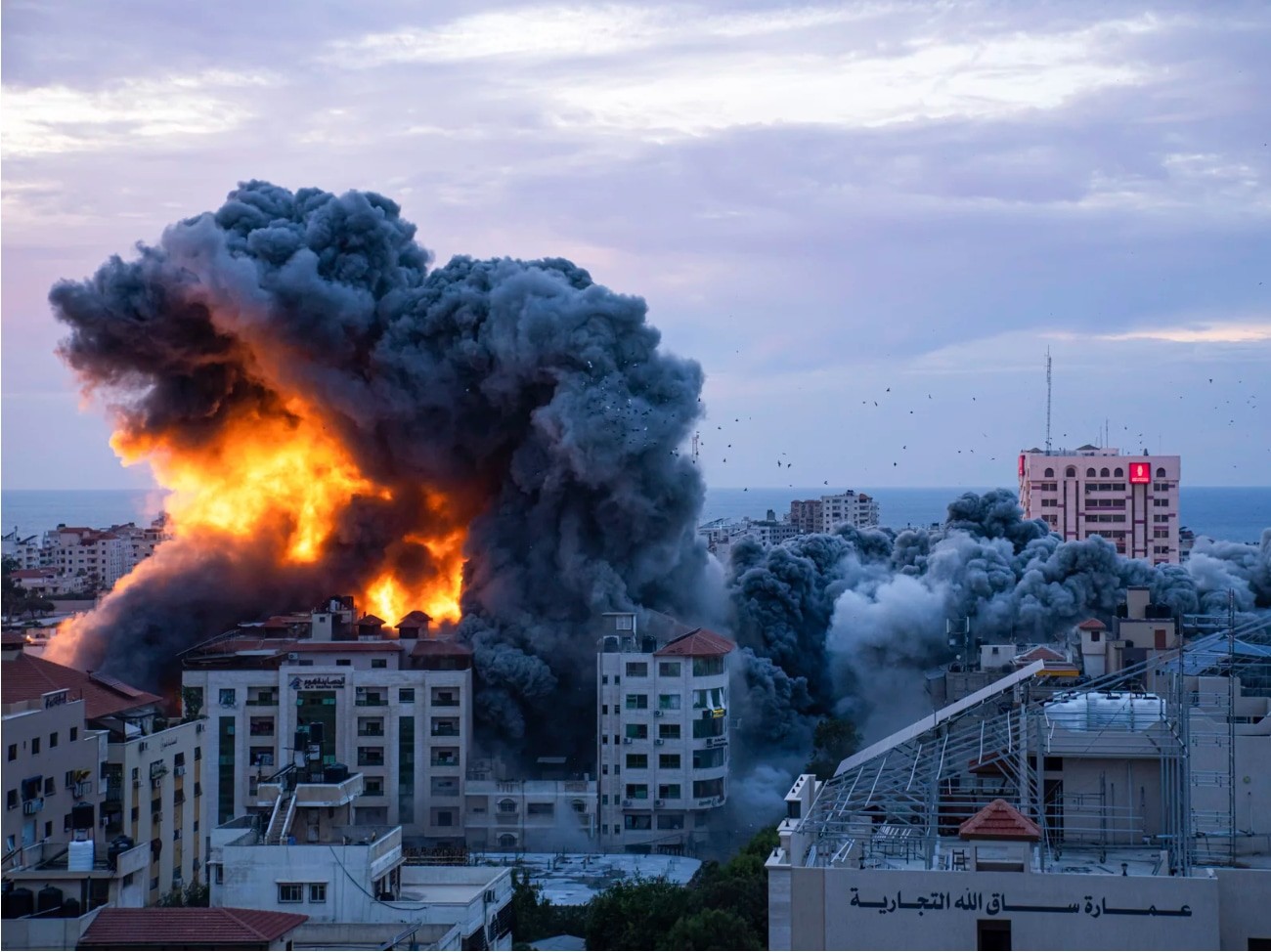 |
| Hamas simultaneously fired rockets into Israeli territory on October 7. (Source: Al Jazeera) |
The conflict between Palestine and Israel in the "Middle East fire pit" suddenly broke out again. What caused this attack on an "unprecedented scale", Ambassador?
There are many reasons for the decades-long conflict between Palestine and Israel. One of the underlying reasons for Hamas' attack on Israel on October 7, as well as previous conflicts between the two sides, stems from Israel's failure to comply with United Nations Resolution 181, which partitioned the historic Palestinian territory under British Mandate in 1947.
This latest attack also coincides with the outbreak of the October 6, 1973 Arab-Israeli war, also known as the October War. The war began when Egyptian and Syrian forces launched a surprise attack on Israel on Yom Kippur, the Jewish holy day.
 |
| Ambassador Nguyen Quang Khai. |
On September 13, 1993, in Washington, Palestinian leader Yasser Arafat and Israeli Prime Minister Yitzhak Rabin signed the historic “Declaration of Principles,” also known as the Oslo Accords, outlining a five-year plan for Palestinians in the West Bank and Gaza Strip to determine their own destiny. However, the agreement collapsed and was not implemented.
Another underlying reason is that to resolve the Palestine-Israel issue, the United Nations (UN) has passed hundreds of Resolutions and many initiatives, including Security Council resolutions, especially Resolution 242 in 1947 and Resolution 338 in 1973, but none of them have been implemented by Israel.
According to the principles of the UN, once the Resolutions have been passed, the relevant parties must implement them. If a relevant party fails to implement them, the UN and the international community must take measures to force them to do so. However, the UN and the relevant countries have not taken any measures to force Israel to comply with these Resolutions.
The most immediate and recent cause, in my opinion, is Israel’s continued expansion and construction of more settlements in the West Bank. As far as I know, there are currently 151 Israeli settlements in the West Bank and they have brought in more than 800,000 Israelis. The Palestinians cannot accept this.
The direct cause that “broke the camel’s back” was that on October 1, 200 Jews stormed the Al-Aqsa Mosque of Muslims. According to Muslim regulations, non-Muslims are not allowed to enter the mosque when they are performing rituals and prayers. This caused discontent among Palestinian Muslims. This was the last straw, forcing Palestinians to protest, leading to the attack on Israel on October 7.
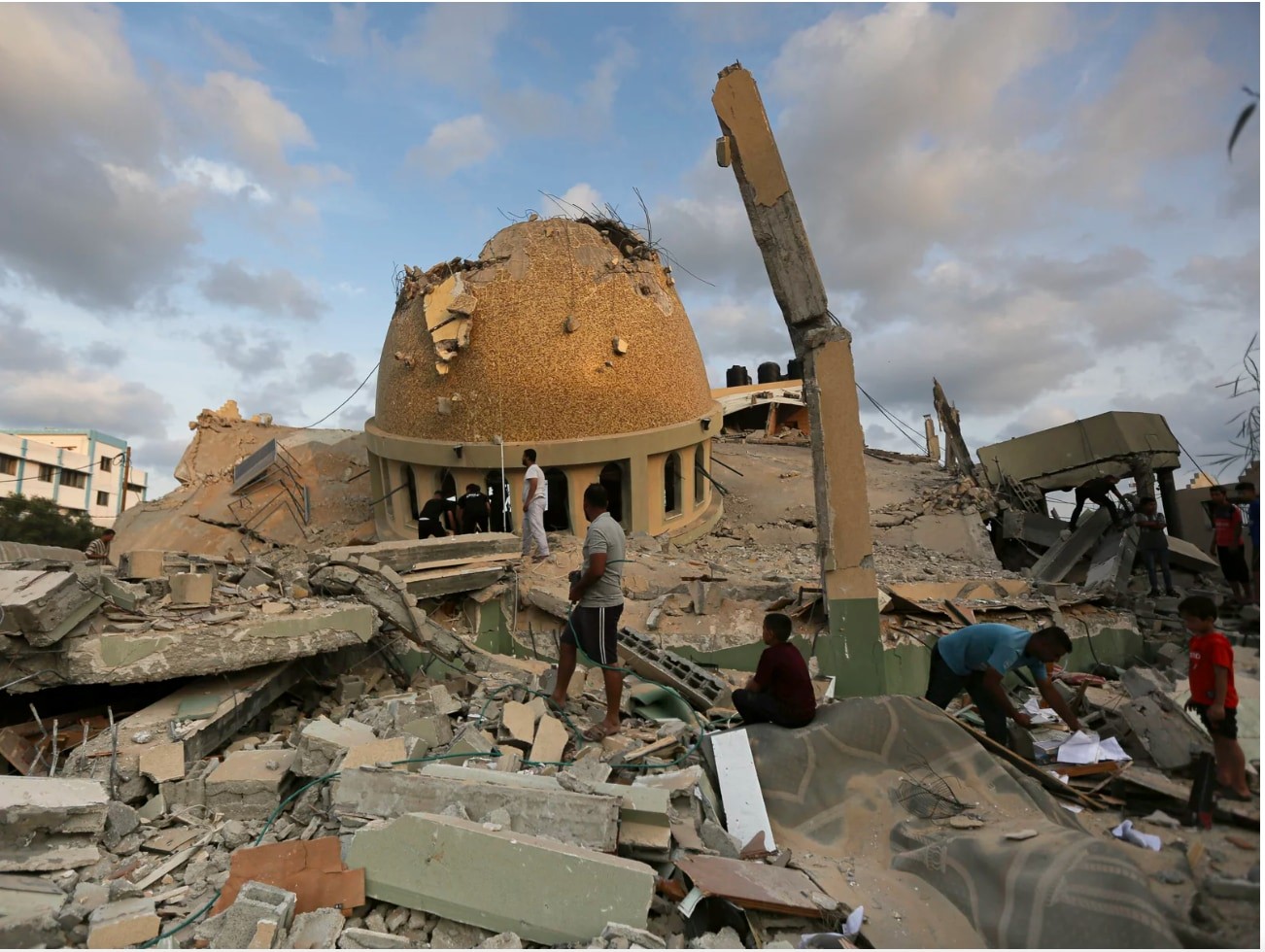 |
| Israel's "Iron Dome" system failed to intercept Hamas rockets. (Source: Al Jazeera) |
Following the attack, Israeli Prime Minister Benjamin Netanyahu called for preparations for a “long war” and said that this conflict would spread throughout the region. What is the Ambassador’s comment on the Israeli Prime Minister’s statement?
Israeli Prime Minister Benjamin Netanyahu and his government are considered to be a far-right government. He is also the leader of the Likud party, a far-right party. Mr. Netanyahu was also recently sworn in as Prime Minister of Israel for the 6th time in 2022. Prime Minister Netanyahu's cabinet is also said to have cabinet members with the strongest anti-Palestinian tendencies, including the Minister of Security and the Minister of Finance. These two used to live in Israeli settlements and were previously "involved in some terrorist activities" and were banned from entering several Western countries...
Meanwhile, Prime Minister Netanyahu is also facing a number of internal problems within his party and personally. In that context, Prime Minister Netanyahu's announcement that he will respond strongly to the attack and "prepare for a long war that could spread to the region" may also be a move to divert public attention from the internal situation in Israel and the problems within his cabinet.
In such a context, this conflict is likely to continue to escalate, to become more tense and complicated because both sides have different goals. And clearly, Israel is really in a state of war. Hamas has fired thousands of rockets, more than 300 people have been killed, hundreds of people have been taken hostage, the situation is very hot.
If this situation continues to escalate, it will certainly have a very negative impact on peace in the region. The Middle East is extremely complicated, if the conflict continues to escalate and lasts longer, it may draw more radical Islamic organizations into the fight. Israel will also have to respond strongly and in such a situation, there may be participation from other countries in the region. For example, in Lebanon, Hezbollah forces in South Lebanon have already fired rockets at Israel...
In addition, Syria could also be involved, because Syria also has hostile relations with Israel and is always looking for excuses to attack Israel. There are also many pro-Palestinian organizations present in Syria. In particular, Iran's participation cannot be ruled out because it has close relations with Hezbollah and Hamas. Iran often supports Hamas and Hezbollah... Therefore, I think that if the war continues to escalate, Iran's participation cannot be ruled out, in one form or another, and thus, the conflict between Palestine and Israel will spread and push it to another level.
Does Hamas' attack on Israel send any message to its opponents and the international community, Ambassador?
Hamas certainly wants to send several messages through this attack. First, the massive attack by Hamaz on Israeli territory has sent a strong message to Tel Aviv that they cannot use military force to crush the Hamas resistance movement. If we compare forces, Israel is much stronger than Palestine. Since 2005, there have been dozens of conflicts between the two sides, each time Israel has firmly declared that Hamas will pay a heavy price and will destroy Hamas, but on the contrary, Hamas forces have grown stronger. This shows that Israel cannot crush the Hamas liberation movement of the Palestinians.
The second message that Hamas wants to send is to the international community that the conflict in the Middle East is still very hot. Recently, it seems that the international community and important related countries have focused more on the conflict in Ukraine and forgotten another conflict that is very hot and fierce in the Middle East.
The third message that Hamas and Palestine want to send to the Arab countries. Recently, four Arab countries, Morocco, UAE, Sudan and Bahrain, have signed agreements to normalize relations with Israel. Saudi Arabia is also negotiating to sign a peace agreement with Israel. However, after this attack, Riyadh will certainly have to reconsider the negotiations to normalize relations with Israel.
According to the Ambassador, where will this conflict between Palestine and Israel go?
The situation in the Middle East is always complicated and tense, especially after the US reduced its military presence in the region, many separatist groups have become more active again, making the situation more tense. The main conflict in the Middle East today is between Israel and Palestine, however, Israeli forces seem surprised by Hamas's attack. Israel seems to have been unable to predict and effectively prevent Hamas' rockets. Israel's defense system known as "Iron Dome" failed to stop Hamas' rockets. And they fired up to 5,000 rockets, so how could they stop them!
So, in my opinion, the upcoming situation will be very difficult to return to normal. There can be no reconciliation because the root causes are still not resolved. Especially the fact that Hamas and Hezbollah produce their own missiles, they announced that they have up to 150,000 missiles, if tensions escalate, the situation will be very fierce. Hamas and Hezbollah will certainly not leave Israel alone if Tel Aviv escalates its response.
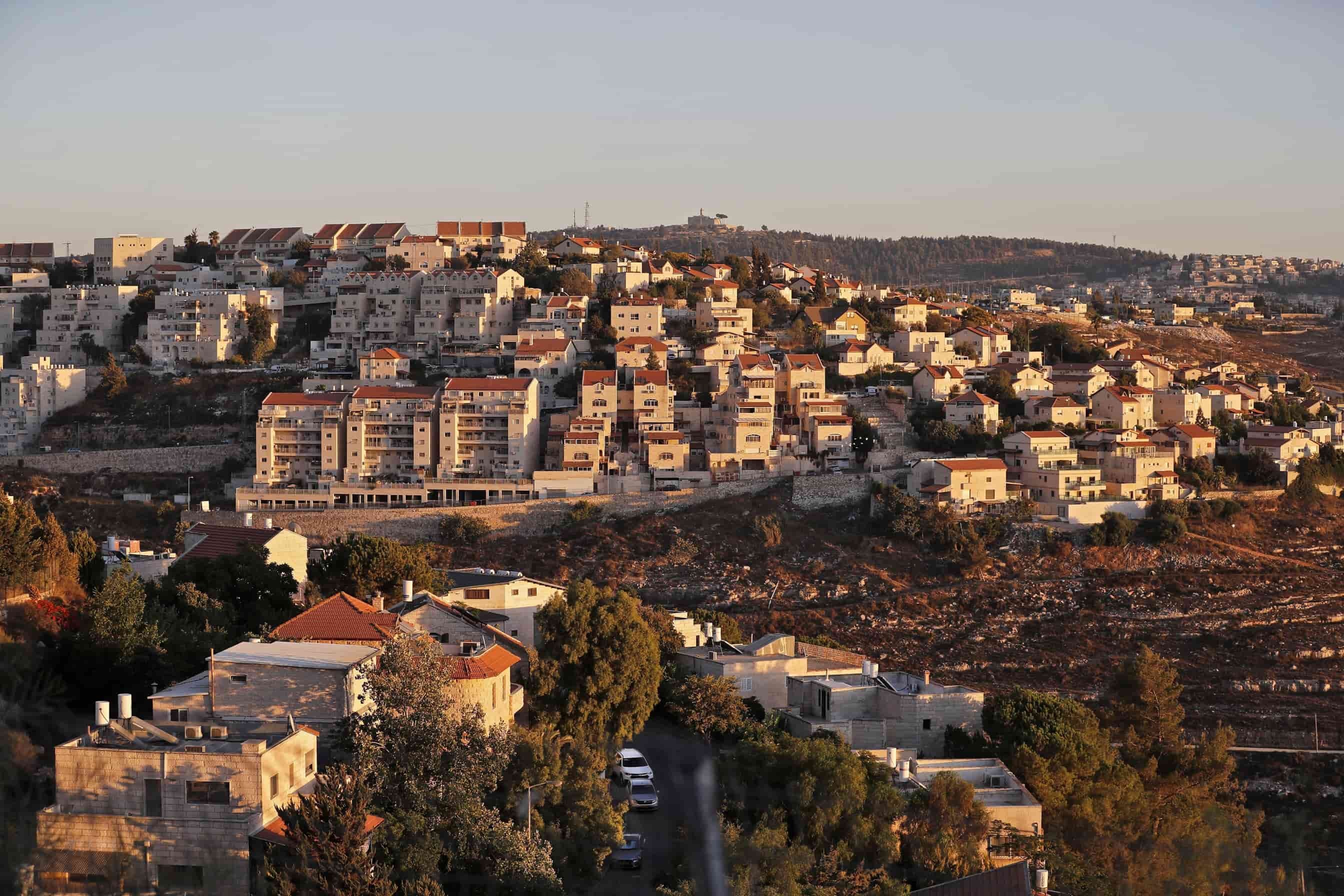 |
| Israeli settlements in the West Bank. (Source: Al Jazeera). |
How important is the mediating role of the US and other important external stakeholders in the Palestine issue and resolving this conflict, Ambassador?
In my opinion, the only solution to this conflict is for both sides to stop military escalation, return to negotiations, and find a reasonable solution, based on existing UN Resolutions and UN Security Council Resolutions. In particular, comply with the 2002 Arab Peace Initiative at the Arab Summit in Beirut.
The 2002 Arab Peace Initiative stated that Arab countries were “ready to recognize Israel, ready to normalize relations with Israel after reaching a solution to the conflict, establishing an independent Palestinian state alongside Israel (the Two-State Solution). However, recently, some Arab countries have “normalized” relations with Israel before reaching an agreement, before the parties have a peaceful solution to the Palestinian issue.
Therefore, as long as there is no "Two-State" solution, establishing an independent Palestinian state alongside Israel, Israel cannot have security, and the Palestine-Israel conflict will continue.
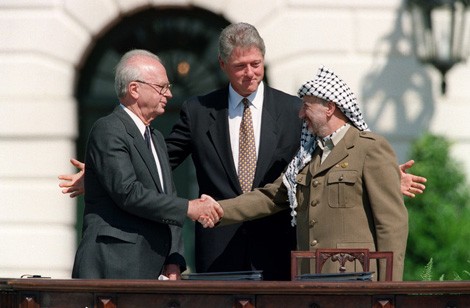 |
| The historic handshake between Palestinian leader Arafat (right) and Israeli Prime Minister Rabin (left) as President Bill Clinton (center) looks on in Washington, 1993. (Source: AFP) |
Why is the solution to the Palestine and Israel issue considered "the most complex and difficult to solve in the world", Ambassador?
Why is it so difficult to find a solution to the Palestinian-Israeli conflict? Because the Israeli government has changed. Meanwhile, the far-right forces in Israel have great influence in politics, both in Israel and in the United States. In 1993, the leader of the Labor Party, Israeli Prime Minister Yitzhak Rabin signed the Oslo Peace Accords with Palestinian Authority (PLO) leader Yasser Arafat. However, the far-right forces in Israel opposed this Agreement. In 1995, Prime Minister Yitzhak Rabin was assassinated to break this Agreement. Therefore, the Oslo Peace Accords collapsed, could not be implemented, and the issue of Palestine and Israel fell into a deadlock.
Outside, even within the US, there are different political currents on the Palestine issue. Under President Obama and Vice President Biden, the two-state solution was supported. Meanwhile, the Republican Party under President Donald Trump canceled the two-state solution, proposing the “deal of the century” in support of Israel’s “one-state” solution. Most importantly, the US, as a mediator in the Palestine-Israel issue, has not made any progress over the past 30 years because the US is “biased towards Israel” and has not taken any action to pressure Israel to comply with UN Resolutions.
In this context, a possible solution to the Palestinian-Israeli issue is to restore the activities of the Quartet (UN-Russia-EU, US). Russia also wants to show its role in the Palestinian issue, and the Chinese leader in June 2023 also invited Palestinian President Mahmoud Abbas to visit, and President Abbas visited Beijing for a 4-day visit. These signs show that Russia and China may play a more important role in resolving the Palestinian-Israeli issue together with the Quartet.
Thank you very much Ambassador!
Source























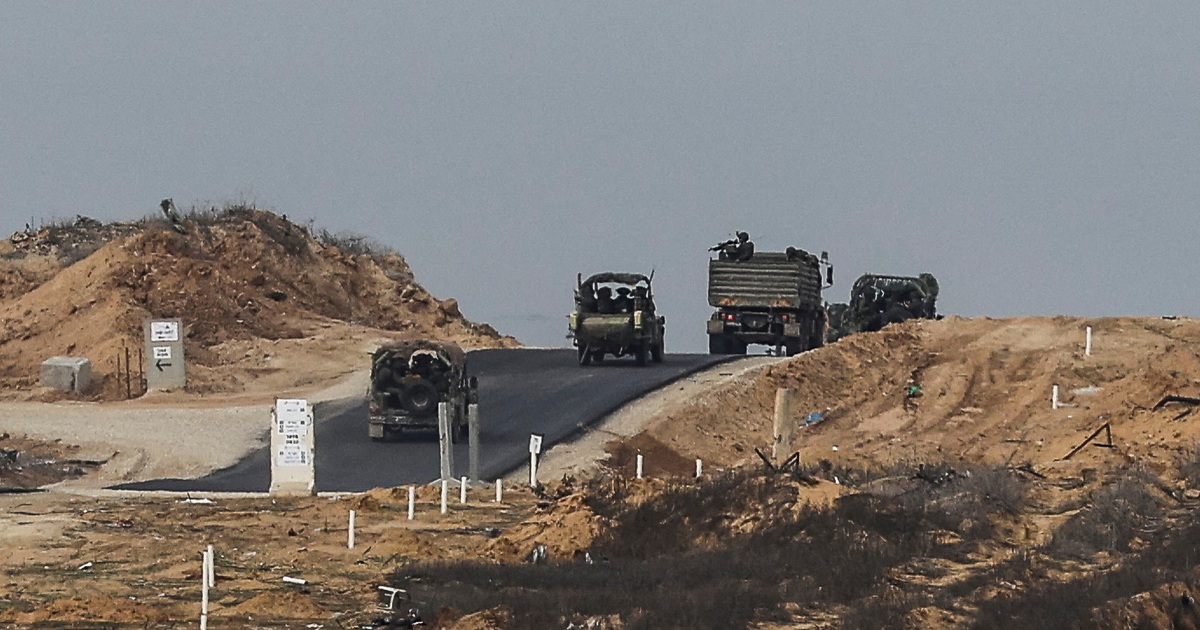


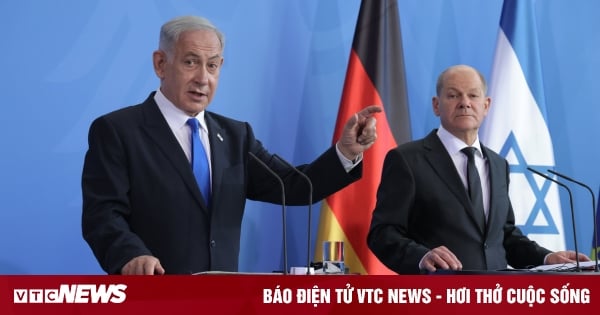


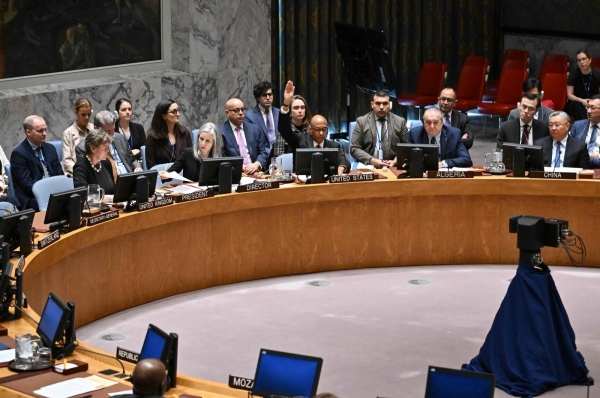
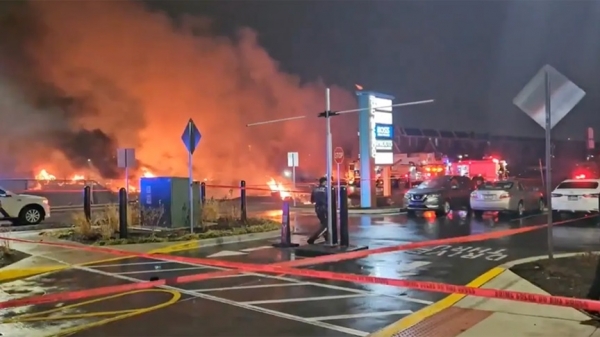


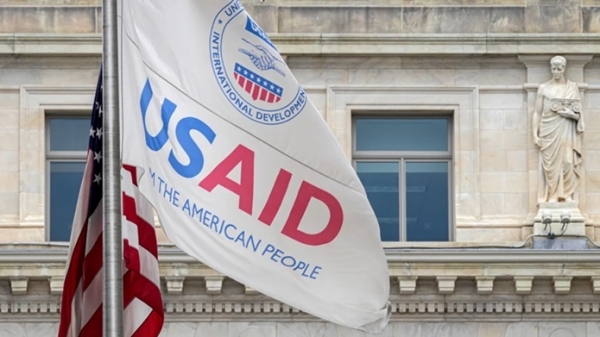

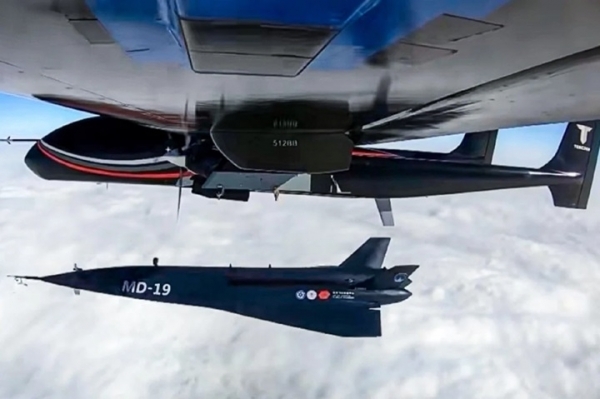
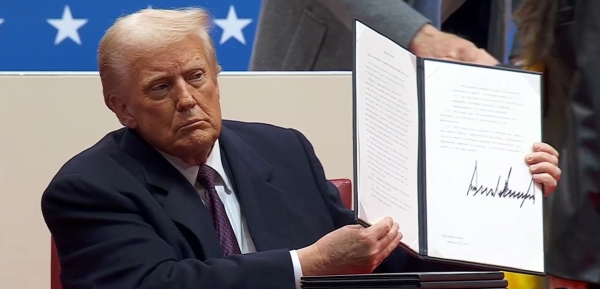



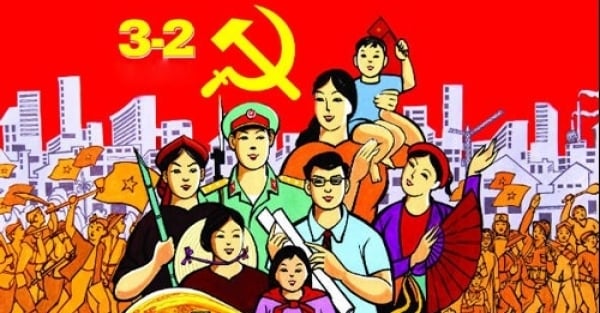













Comment (0)